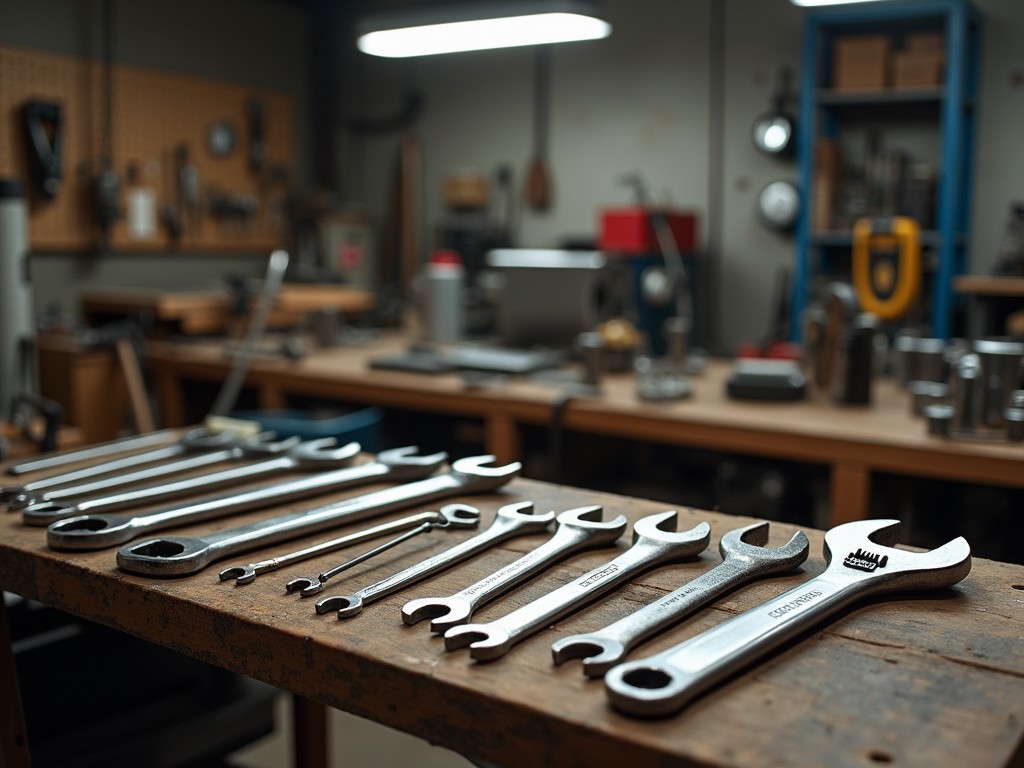TL;DR
Discover essential workman tools for everyday use. From woodworking tools to multi-purpose gadgets, expand your toolkit with these tips and insights.
Introduction
In the world of DIY and home improvement, having the right tool is crucial. Whether you're a seasoned woodworker or a weekend warrior tackling household repairs, assembling a collection of reliable workman tools for everyday use can simplify your projects and provide more consistent results. Let's explore the essentials, including woodworking tools, and delve into how each tool enhances your work. We'll share tips from the field and offer guidance on how to choose what's best for you.
The Basics of Workman Tools
When we talk about workman tools for everyday use, it’s about finding the balance between necessity and functionality. Here’s a look at some fundamental tools every toolkit should have:
-
Hammer - The versatile tool for everything from hanging pictures to minor demolition.
-
Screwdriver Set - Multiple sizes and types ensure that you’re never missing the right fit.
-
Tape Measure - Precision is key in every project, making this a must-have.
-
Pliers - Essential for gripping, twisting, bending, and turning.
-
Adjustable Wrench - Perfect for various nuts and bolts without needing multiple wrenches.
These basic tools serve as the foundation for more complex, specialized equipment.
In-Depth: Woodworking Tools
Woodworking tools have a special place in many toolkits, offering the promise of creating something beautiful and functional from raw materials. Key woodworking tools include the following:
- Chisels: Ideal for carving and cutting wood, providing those cleaner edges.
- Hand Saw: Unmatched in its simplicity and effectiveness for cutting wood.
- Power Drill: Useful for more than just drilling holes; it's a multifunctional powerhouse.
Each tool has its specific uses and choosing quality over quantity can make all the difference in your woodworking projects.
Personal Insights: Tips from Workbench to Workshop
Having struggled with underpowered tools in the past, I've learned that investing in quality tools from brands with a reputation for durability and performance is invaluable. Here are a few personal tips: - Safety First: Always wear safety gear. You may feel invincible, but accidents happen in a blink. - Hang Tools, Don’t Pile: Keeping tools organized on a pegboard will save time and reduce frustration. - Routine Maintenance: Regularly clean and oil your tools to ensure their longevity and performance.
Experiencing projects first-hand has shown me that preparation and maintenance are just as critical as the tools themselves.
Choosing the Right Tools
Selecting the perfect tool isn't merely about picking what's popular. Consider what aligns with your specific needs: - Frequency of Use: Will you use this tool often enough to justify investment? - Ergonomic Design: Tools that feel comfortable to use can reduce fatigue and increase precision. - Manufacturer Reputation: Opt for brands known for reliability.
Taking these factors into account not only optimizes your toolkit but maximizes your efficiency, ultimately leading to higher quality workmanship.
Summary
In conclusion, building a reliable and efficient toolkit involves understanding what tools best suit your needs, focusing on quality over quantity, and ensuring regular maintenance. By incorporating these tools and insights into your projects, you'll be equipped to tackle any challenge with confidence. Dive deeper into the world of workman tools with the recommended readings below to further enhance your skills and knowledge.
Related workman tools for everyday use:
- Essential Workman Tools for Professional Builders
- Best Power Tools for Car Repair
- Top Wrenches Mechanics Love
- Top Ratcheting Wrenches for Quick Repairs
- Safest Tablesaws for Woodworking
- Tool Organization Tips for Painters
- Must-Have Tools for Every Toolbox
- Power Tool Safety Tips
- Power Tools Maintenance Guide
- Best Drills for Precision Tasks
- Ergonomic Wrenches Ease Hand Strain
- Top Wrenches for Car Repair

